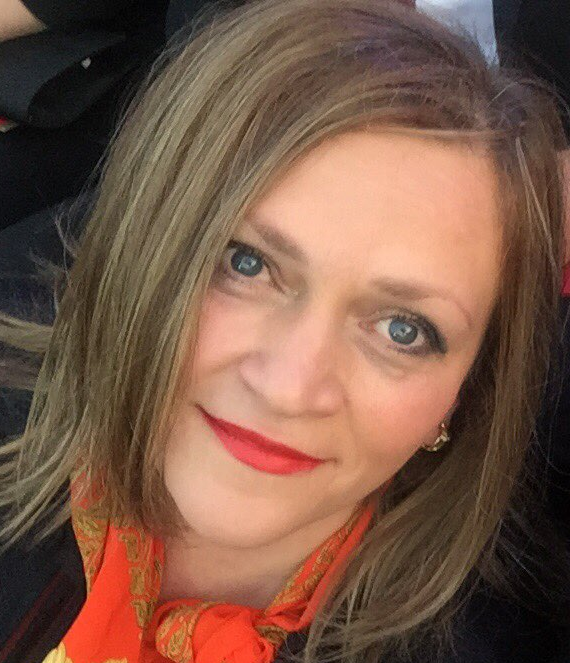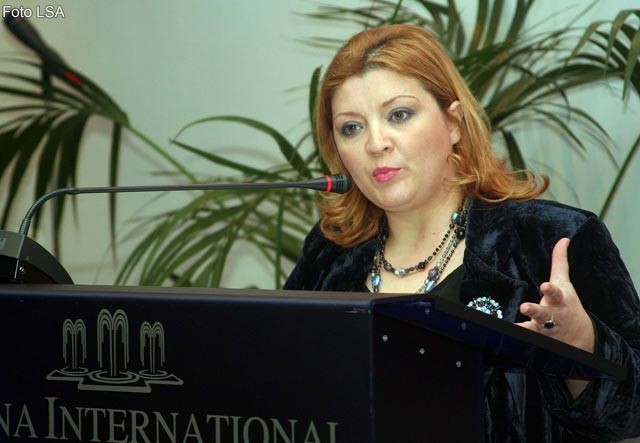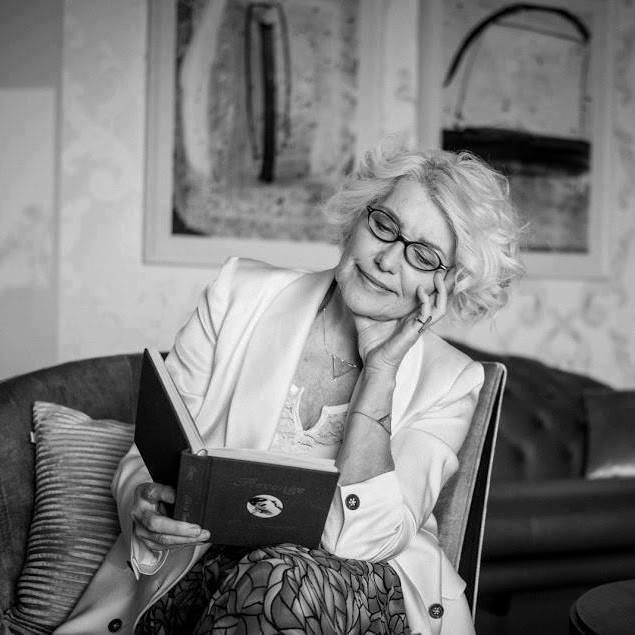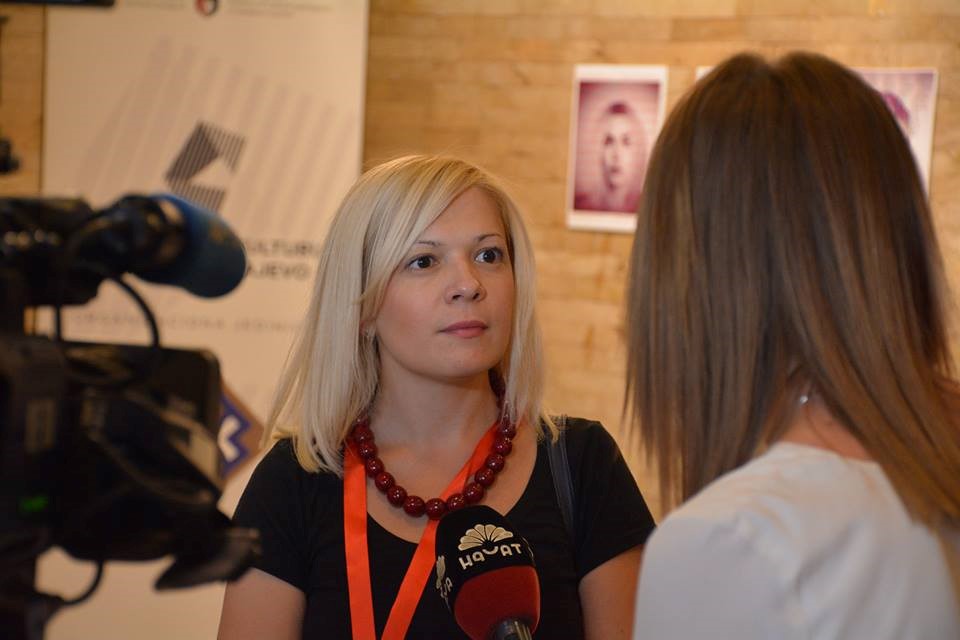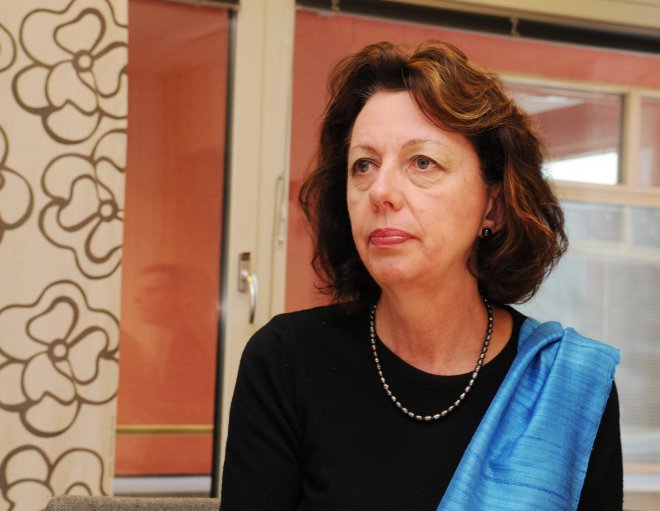Session 4: Women of the Balkans for New Politics (in partnership with the Organisation for Security and Cooperation in Europe (OSCE), Mission to Serbia)
Discussions Points:
-
What novelties can women as leaders and active participants offer to areas of policy-making and opinion making processes by focusing on common issues?
-
What challenges women political leaders and women activists face and how can they be overcome? The case of Western Balkans.
-
How women contribute to change in the political narrative in the Western Balkans region?
-
What lessons can we draw from positive examples of women’s active participation in political and peace processes in the Western Balkans and beyond?
Background
The idea to start a debate about the role of women in designing a new approach to politics in the Balkans was born out of conviction that women’s voices are still muffled whenever an important and especially controversial issue is on the agenda. It has been paralleled with the concern that Balkans region is too often sliding into a hostile narrative toward ‘the other’ in order to avoid some difficult ‘domestic’ issues to be tackled in a constructive way. Less than two decades after the open conflicts have been finished, or put on the backburner, the women are willing to sit down and talk about a different approach to politics in our region. Past experiences, political sensitivity and receptivity for common good of the women spearheading this initiative dictate that time has come to try with a new politics for the Balkans.
The question that arises is why it is important to include women in the peace process and to achieve gender equality in political representation with more female leaders in contemporary society. These two questions are inter-connected. As Marie O’Reilly shows, empirical evidence proves that peace is more likely when women’s inclusion is prioritized, and especially when women hold decision-making positions. Women empowerment leads to lesser likelihood of war, as well as lower crime rates. The difference can also be seen depending on whether women are included in the peace process or not. A peace agreement is 35 per cent more likely to last at least 15 years if women participate in its creation. Leading experts highlight the following as some of the main reasons behind these differences: women promote dialogue and build trust, they build coalitions and connect diverse groups in a society, and raise issues that are affecting only women or affecting them differently than men in conflict. And finally, strengthening women’s political and social participation, and especially, increasing the power of women within the political processes, diminishes the chances of conflict relapse after the war has ended.
Positive examples on both global and regional level show that women’s active participation strongly contributes to the development of peaceful and just society. Among them is the Women’s International League for Peace and Freedom (WILPF), established after the World War I and the International Women’s Conference with the aim to bring together women of different backgrounds determined to study and make known the causes of war, and work for a permanent peace, using only non-violent means. At the moment, WILPF has four active programs addressing topics of human rights, disarmament, crisis response and women, peace and security. Another example of a regional initiative, is the “Follow Us” Initiative on dialogue of prominent women from Belgrade and Pristina, launched in 2012 by the OSCE Mission to Serbia and the OSCE Mission in Kosovo. Their goal is to widen the dialogue between two parties through establishing a direct communication and confidence building between politicians and experts from both societies, about creating personal and professional networks.
Relying on positive regional and global examples, the prominent women political leaders and opinion makers from 8 Balkan societies will gather at Belgrade Security Forum to present new regional “Women of the Balkans for New Politics” initiative, and to discuss and disseminate plans for further expansion and popularization of the idea behind the initiative. These women, holding the experience of fragile democratic achievement, are ready to discuss ways of working together towards finding common ground in policies such as quota policies, equal economic treatment, zero tolerance towards violence and gender sensitive migration-related policies. These are the policies that could contribute to development and the future of their societies, while simultaneously providing foundations for the improvement of both symbolic and substantive representation of women in the politics.
Selected Readings:
- Marie O’Reilly, Why women?, Inclusive Security October 2015.
- UN Women, Women’s Participation in Peace Negotiations: Connections between Presence and Influence, October 2012.
- “4 maps that will change how you see migration in Europe” – World Economic Forum, 2016.
- Gender Equality Index 2015 – Measuring gender equality in the European Union 2005-2012: Report.
- Government of Serbia, Coordination Body for Gender Equality, Gender Equality index in Serbia 2016.
- Drude Dahlerup and Milica Antić Gaber, The Legitimacy and Effectiveness of Gender Quotas in Politics in CE Europe, Teorija in Praksa br. 54, 2/2017.
- Security Council resolution 1325
- Belgrade Centre for Security Policy, Independent Report on the Implementation of NAP for UNSC Resolution 1325 in Serbia, 2014.
Previous BSF Session on Similar Topics:


